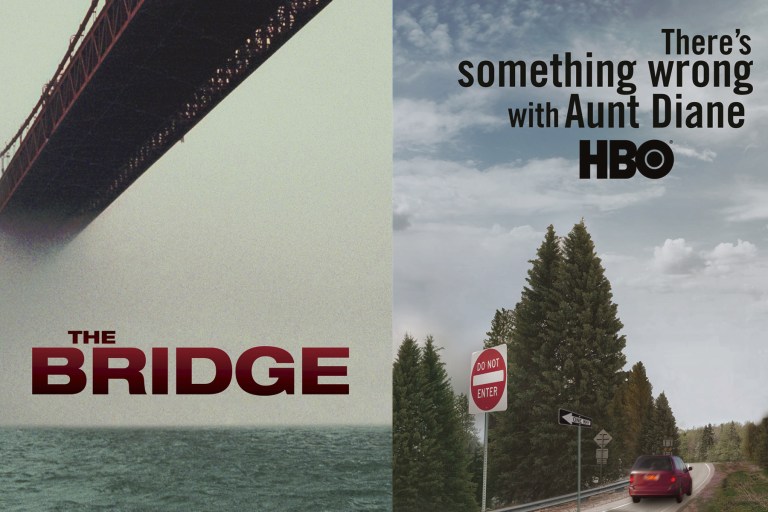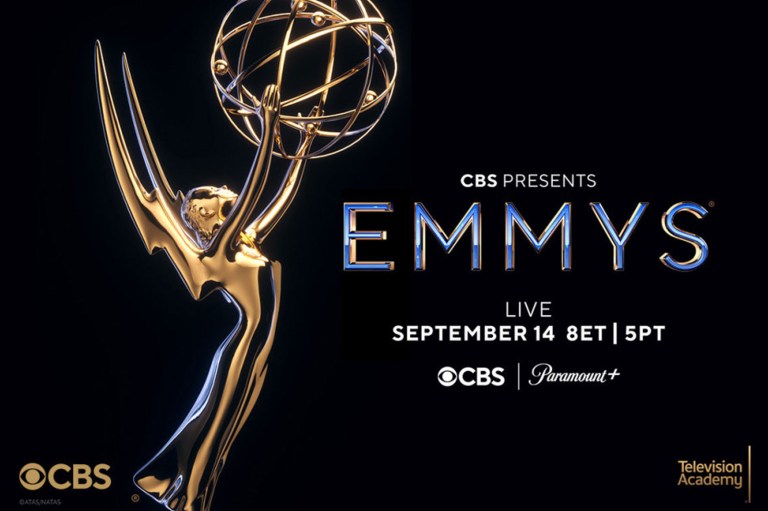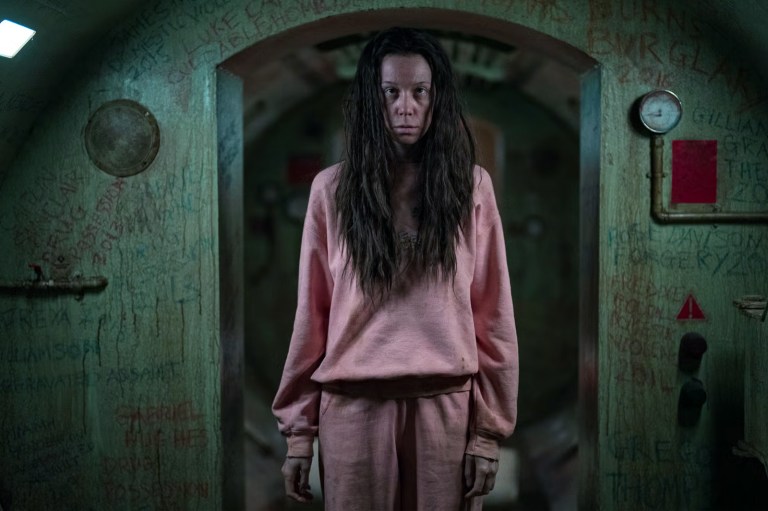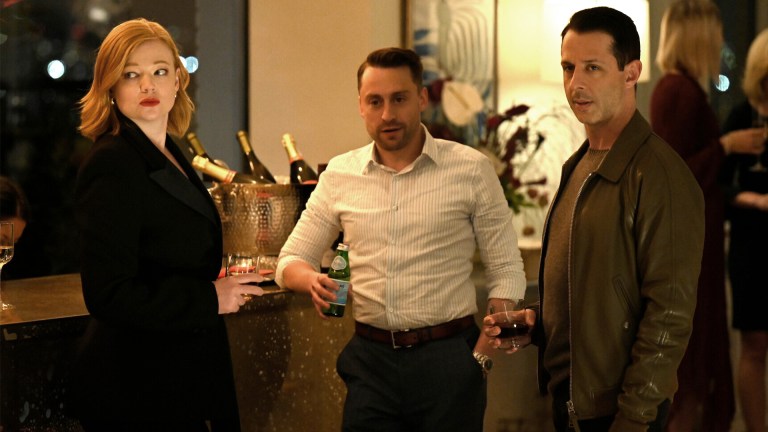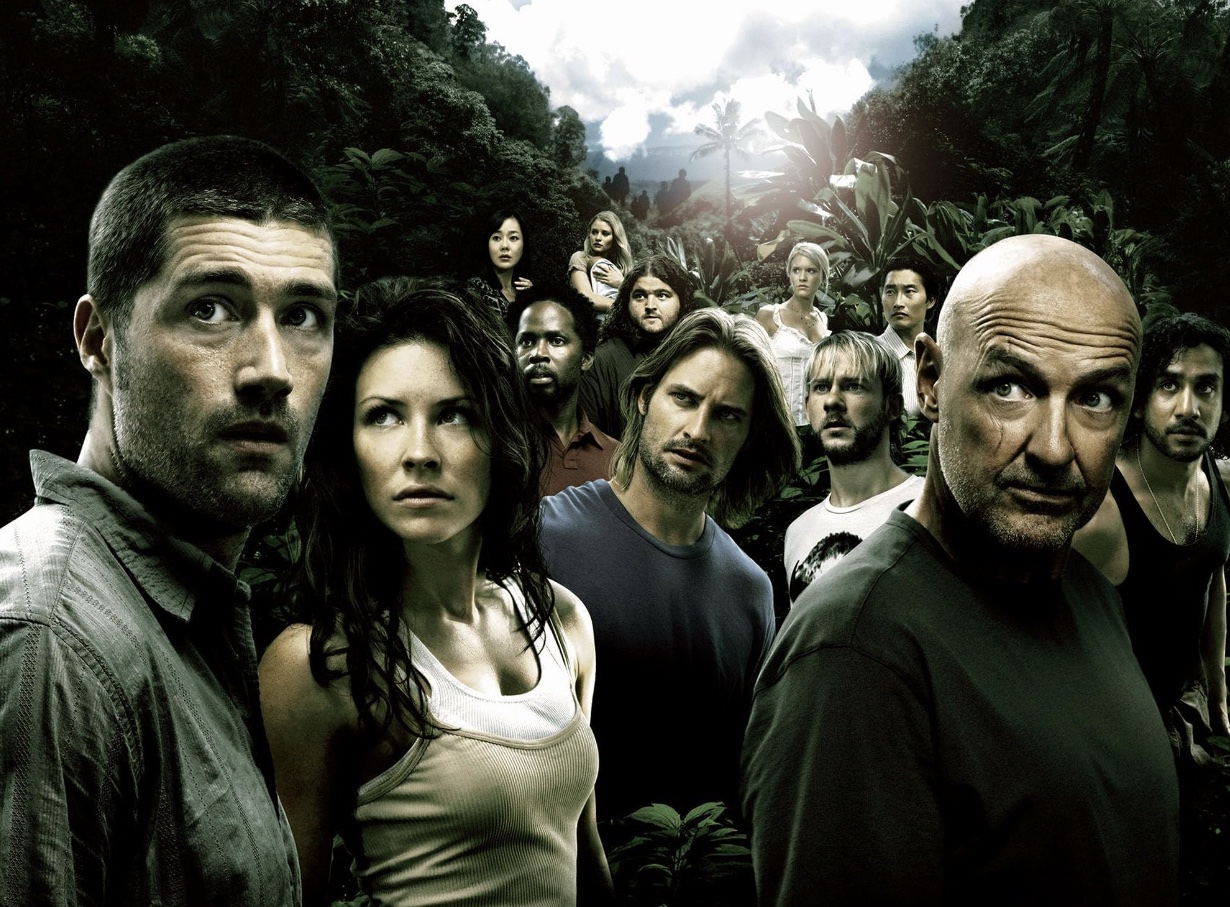
Why the 2004-2005 TV Season Remains the Greatest Year in Television
It’s hard to believe now, but there was once a time when Netflix sent people physical DVDs, families planned their weeks around network dramas, and shows had to remain intriguing for 21 whole episodes. “Bottle episodes” were still a novelty; playing with narrative conventions was still unconventional; and Meryl Streep wouldn’t have been caught dead on a 16-inch screen.
To a certain segment of the population, this era in TV history – covering roughly the late ‘90s through the end of the aughts – conjures memories of sprinting to the bathroom during commercials, penning Desperate Housewives onto calendars, and panicking because you missed last night’s episode of Charmed (the Alyssa Milano one). And then you had to find out who summoned which demon from your friends, like a peasant, because Twitter didn’t exist yet.
Yes, life was pretty tough in those days before DVR and streaming. You couldn’t just flip open your computer and instantly have thousands of shows at your disposal. On the bright side, this often meant that many people watched the same shows since people could only watch what was airing. For instance, you could walk into a bar and have at least one show in common with the guy sitting next to you. You didn’t have to enter a chatroom on the dark web to find the three other people on Earth who watched Tuca & Bertie.
Perhaps the most salient aspect of this era was that people never took for granted the quality of TV at their disposal. When a series captured the zeitgeist, it was rare and special – something to be savored for an hour every week, then again at the office the next morning. After all, the aughts kicked off the contemporary “Golden Age of Television,” in which TV started to get really good, generating more than one “prestige” title every year. Of course, it’s debatable whether or not we still live in that Golden Age, but it is, at least, possible to argue that the Golden Age reached a historic peak in the TV season of 2004-2005.
At the dawn of the Golden Age, creators took advantage of the Internet and rode new waves of media distribution, thus bringing more high-quality shows to the masses than ever before. But in the 2004-2005 season, several important shows either began or ended, signaling a sea change in TV for decades to come.
Look at Lost, for starters. The classic, controversial sci-fi epic premiered in 2004 and instantly became a network TV hit, inspiring conspiracy theories and minute-long bad takes even before TikTok. People would talk about this show at school or in doctor’s offices as if it were their dissertation. But more importantly, Lost baked serialized mysteries and genre-bending into the fabric of television: Shows like Westworld and The Leftovers wouldn’t have existed if not for this show.
Among the other shows that sprouted in the fertile 2004-2005 television landscape were House, Desperate Housewives, and a little series called The Office. While the latter show is now one of the most-watched series on streaming, sealing its place in the annals of TV history, the first two shows were arguably more impactful on TV as a whole. While House and Desperate Housewives didn’t remain consistently good, the former did manage to popularize cranky male protagonists, creating a whole genre of shows that peaked with Mad Men. Desperate Housewives, on the other hand, became wildly successful and proved that dark subject matter could thrive on network TV. It also revived ABC as a major primetime player, paving the way for all-timers like Grey’s Anatomy, Modern Family, and Abbott Elementary.
And speaking of Grey’s Anatomy, it’s hard to imagine a world without it. But yes, that was once our planet’s reality. Before 2005, the biggest thing Shonda Rhimes was known for was the screenplay for Britney Spears’s classic 2002 film Crossroads. But then Grey’s appeared and changed everything. In addition to becoming one of the longest-running series on TV (yes, it’s still on), it launched Rhimes’s career, allowing her to produce a series of massive hits culminating in, most recently, Bridgerton. Now, Rhimes is almost synonymous with pulpy entertainment. She pumps fresh, diverse talent into the TV industry with each new hit show.
But it’s also worth mentioning which shows ended in the 2004-2005 season. After all, this was the year that Friends signed off, leaving Earthlings with one of the best series finales in TV history. Seriously, people are still talking about it, leaving other shows no choice but to use it as a benchmark of excellence. Meanwhile, HBO was leaving its own Golden Age behind, bidding adieu to Six Feet Under while preparing to send off The Sopranos and The Wire. It would be many years before HBO would have another popular, critically acclaimed hit, leaving the door wide open for other prestige networks to enter the fray. (See: AMC, FX, Showtime.) We can thank HBO’s mid-aughts decline for Mad Men and Breaking Bad, among other shows.
Finally, there was the 2005 series finale of Queer as Folk, which, followed by Will & Grace’s finale one year later, left a temporary dearth of queer characters on TV. However, their long-running success had broken the rainbow ceiling, carving an opening for a tidal wave of predominantly queer shows that would come in later years. In a sense, if these shows hadn’t sashayed away, then other creators wouldn’t have felt so inspired to create novel queer characters one decade later. Nowadays, it’s cringe to not have queer characters on your show.
Of course, this is all the humble opinion of one overeducated TV writer. At the end of the day, you can argue for hours about whether we’re still in a TV Golden Age, or whether Disney+ really won the Streaming Wars, or whether 2005 was the last great year for network television, or whether Squid Game: The Challenge was a sign of the End Times. But one thing’s for certain: The TV shows that came and went in the 2004-2005 season drastically changed the TV landscape, introducing themes, genres, and conventions that became commonplace for years to come.
